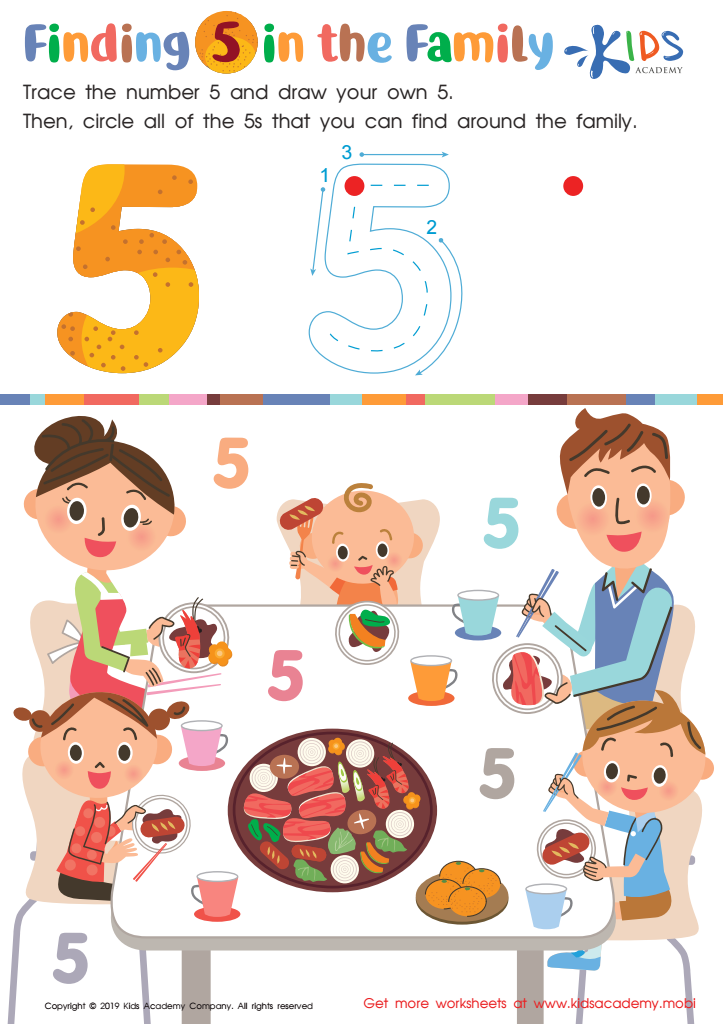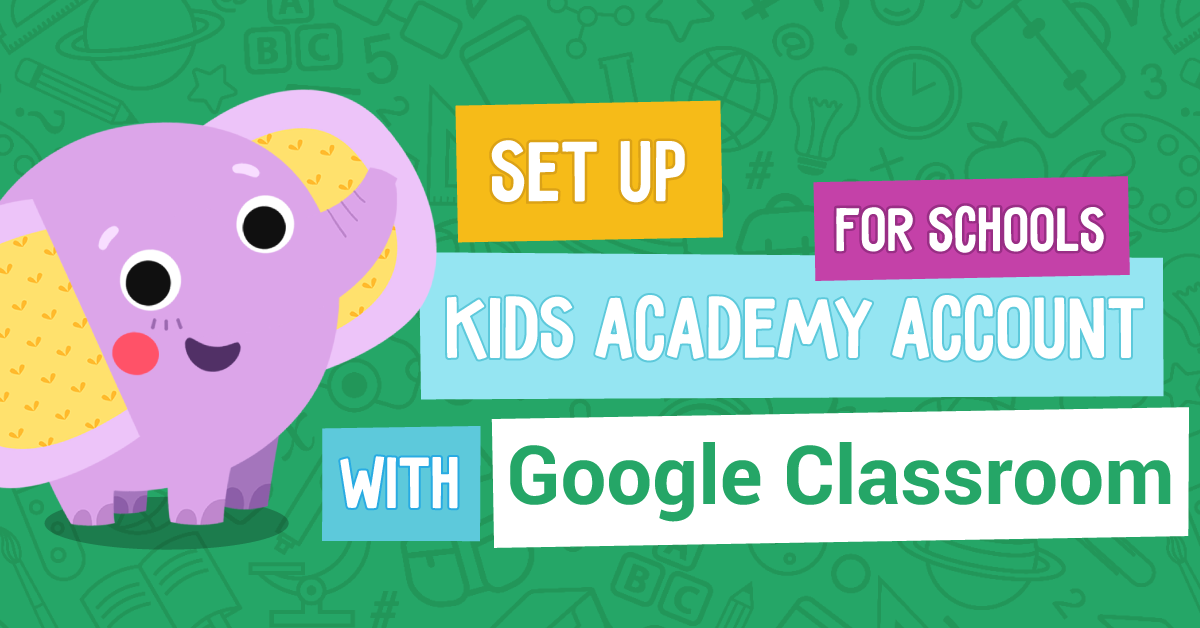Building number sense Worksheets for Kids
1 filtered results
-
From - To


Finding 5 in the Family Worksheet
Question/Answer
Why is the Building number sense skill important for Preschool students?
Building number sense skill in preschool students is vital because it lays the foundational understanding of numbers, counting, and basic mathematical concepts. These skills are crucial for their cognitive development and facilitate the learning of more complex mathematical operations and problem-solving in later years, promoting academic success and practical life skills.
What does the Building number sense skill mean when it comes to Preschool Numbers learning?
Building number sense in preschool involves helping children understand what numbers represent, including the concept of counting, recognizing numbers as symbols for quantities, and beginning to grasp the relationships between numbers, such as which are larger or smaller. This foundational skill sets the stage for future mathematical learning by developing an intuitive understanding of numbers and their significance.
What are some effective activities to train students’ Building number sense skill when teaching them about Numbers?
To train students' building number sense skills, engage them in activities like number talks, where they discuss different ways to solve problems, use manipulatives (e.g., blocks, counters) for hands-on exploration, practice mental math exercises to improve quick calculation skills, introduce number lines for understanding sequence and scale, and play math games that encourage strategic thinking and pattern recognition.
 Assign to the classroom
Assign to the classroom












